
COMPLETE URINE EXAMINATION (CUE)
- 220
SEMEN ANALYSIS
- 800
URINE GLUCOSE (FASTING)
- 20
POST LUNCH URINE SUGAR
- 20
STOOL EXAMINATION
- 250
URINE GLUCOSE (POST PRANDIAL)
- 20
STOOL FOR OCCULT BLOOD
- 240
BILE SALTS & BILE PIGMENTS - URINE
- 140
URINE FOR hCG (PREGNANCY TEST)
- 200
ACETONE / KETONE BODIES - URINE
- 140
BENCE JONES PROTEIN (BJP) - URINE
- 300
CHYLE - URINE
- 200
CRYSTALS - SYNOVIAL FLUID
- 240
FECAL IMMUNOCHEMICAL TEST - QUANTITATIVE (FIT)
- 4400
FLUID FOR CELL COUNT - ASCITIC/PERITONEAL FLUID
- 170
FLUID FOR CELL COUNT - BAL (BRONCHOALVEOLAR LAVAGE)
- 170
FLUID FOR CELL COUNT - CAPD FLUID (CONTINUOUS AMBULATORY PERITONEAL DIALYSATE)
- 170
FLUID FOR PH - ANY FLUID
- 170
FLUID FOR SPECIFIC GRAVITY - ANY FLUID
- 140
SEMEN FRUCTOSE
- 640
SPERM DNA FRAGMENTATION INDEX (DFI)
- 2800
STONE ANALYSIS (RENAL or GALL STONE)
- 1200
STONE EXAMINATION BY FTIR
- 880
STOOL CONCENTRATION METHOD FOR OVA & CYSTS
- 360
STOOL FOR REDUCING SUBSTANCES
- 240
STOOL FOR pH
- 140
STOOL OCCULT BLOOD DAY 1
- 240
STOOL OCCULT BLOOD DAY 2
- 240
STOOL OCCULT BLOOD DAY 3
- 240
STOOL OCCULT BLOOD DAY 3
- 240
URINE FOR DYSMORPHIC RBC
- 280
URINE FOR HAEMOGLOBIN
- 480
URINE FOR MYOGLOBIN
- 480
URINE FOR PROTEIN
- 170
URINE FOR REDUCING SUBSTANCES
- 170
URINE FOR SPECIFIC GRAVITY
- 170
URINE FOR UROBILINOGEN
- 170
URINE FOR pH
- 170
URINE GLUCOSE (RANDOM)
- 20
What is Clinical Pathology
Clinical Pathology is a medical specialty that focuses on the diagnosis of disease based on the laboratory analysis of bodily fluids, such as blood, urine, and tissue samples. It plays a vital role in understanding the nature, causes, and progression of diseases to support accurate treatment decisions.
Key Areas in Clinical Pathology:
Hematology – Study of blood and its disorders (e.g., anemia, leukemia).
Clinical Chemistry – Analyzing chemical substances in body fluids (e.g., glucose, enzymes, hormones).
Microbiology – Identifying infectious agents like bacteria, viruses, and fungi.
Immunology – Assessing immune responses and diagnosing autoimmune diseases.
Urinalysis – Examining urine to detect kidney diseases, infections, and more.
Molecular Diagnostics – Using DNA/RNA testing to identify genetic disorders and infections.
Types of Clinical Pathology
Generally refer to the main sub-specialties or branches within the field. Here are the major types:
1. Hematology
Focuses on blood and blood-forming organs.
Includes tests like CBC (Complete Blood Count), blood smears, and coagulation studies.
Diagnose conditions such as anemia, leukemia, and clotting disorders.
2. Clinical Chemistry (Biochemistry)
Analyzes chemical components in body fluids like blood and urine.
Common tests: blood glucose, cholesterol, liver function tests, kidney function tests, and electrolytes.
Detects metabolic disorders, organ dysfunctions, and endocrine problems.
3. Microbiology
Detects and identifies infections caused by bacteria, viruses, fungi, and parasites.
Includes cultures, antibiotic sensitivity testing, and molecular techniques like PCR.
Helps guide antimicrobial therapy.
4. Immunology / Serology
Studies the immune system and antibodies in blood.
Diagnoses autoimmune diseases, allergies, and infections like HIV and hepatitis.
Tests include ELISA, ANA, and CRP.
5. Urinalysis
Examines urine for physical, chemical, and microscopic components.
Used to diagnose urinary tract infections, kidney diseases, diabetes, and dehydration.
6. Molecular Diagnostics
Involves DNA/RNA analysis to detect genetic mutations, infections, and cancers.
Common in personalized medicine and detecting viral loads (e.g., HPV, COVID-19).
7. Cytogenetics (sometimes overlaps with clinical pathology)
Studies chromosomal abnormalities.
Useful in diagnosing genetic disorders and some cancers.
Why Clinical Pathology?
Clinical Pathology is essential to modern medicine because it provides the scientific foundation for the diagnosis, treatment, and monitoring of diseases. Here's why it's so important:
🔬 1. Accurate Diagnosis
Identifies diseases at an early stage—even before symptoms appear.
Helps distinguish between similar conditions (e.g., bacterial vs. viral infections).
💊 2. Guides Treatment
Provides crucial data for selecting the right therapy or medication.
Monitors drug effectiveness and detects side effects (e.g., liver/kidney function tests).
🧪 3. Monitors Disease Progression
Tracks how a condition changes over time (e.g., diabetes, cancer).
Evaluates how well a treatment is working (e.g., tumor markers, viral loads).
🛡️ 4. Preventive Healthcare
Identifies risk factors and detects diseases early (e.g., cholesterol levels, blood sugar).
Supports health screenings for lifestyle-related diseases.
📈 5. Data-Driven Decisions
Empowers doctors to make informed, evidence-based medical decisions.
Reduces guesswork in clinical practice.
👩⚕️ 6. Essential Across All Specialties
Used by nearly every medical department: internal medicine, surgery, pediatrics, oncology, etc.
Integrates with radiology, pathology, and clinical practice for comprehensive care.
In short, Clinical Pathology is the backbone of laboratory medicine, enabling accurate, safe, and efficient patient care through scientific analysis. Without it, modern diagnosis and treatment would be incomplete.
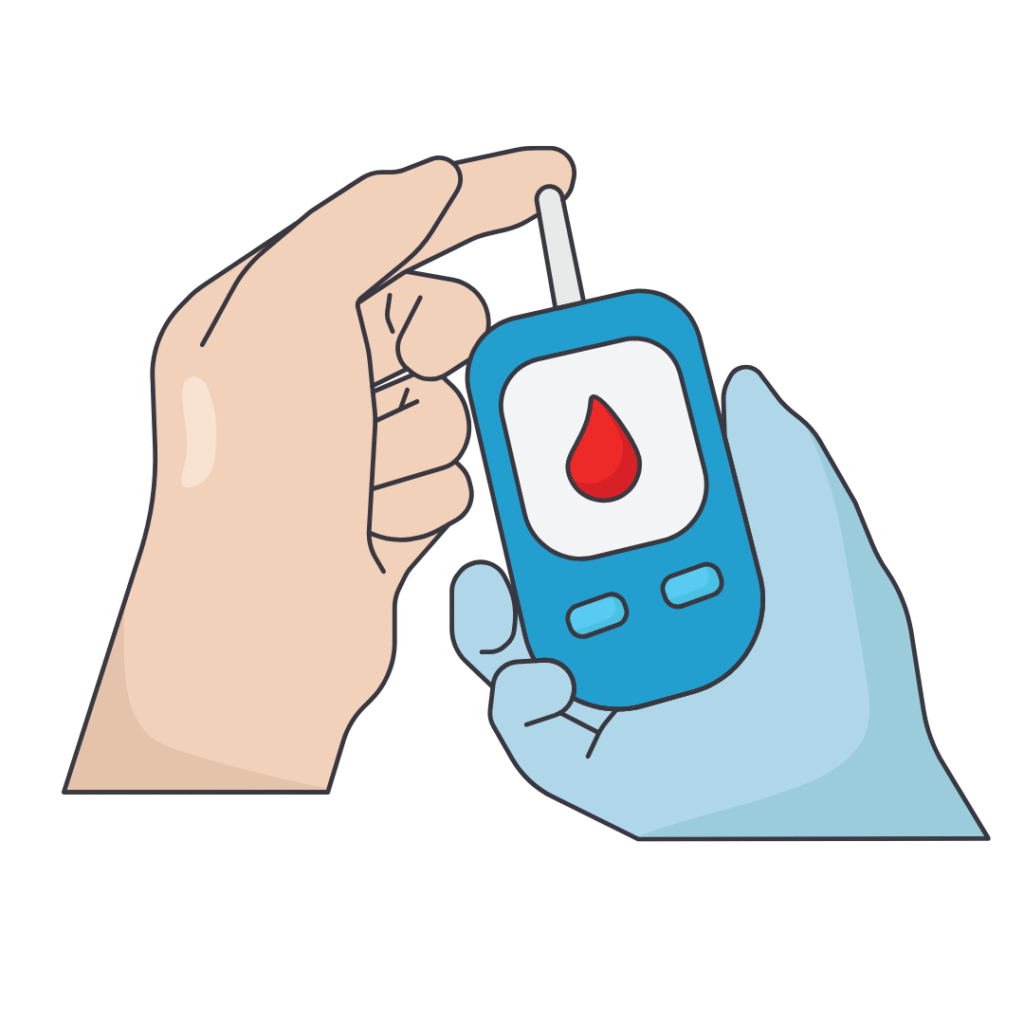
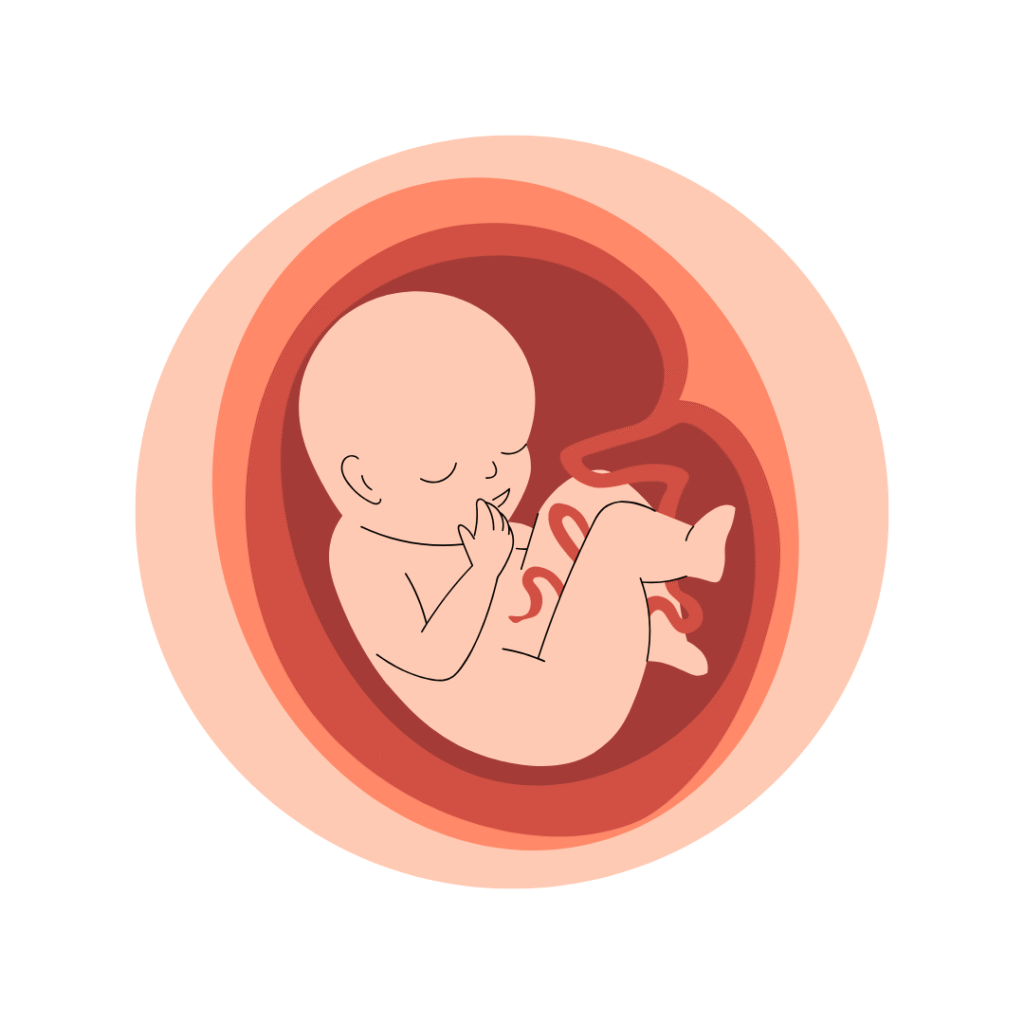
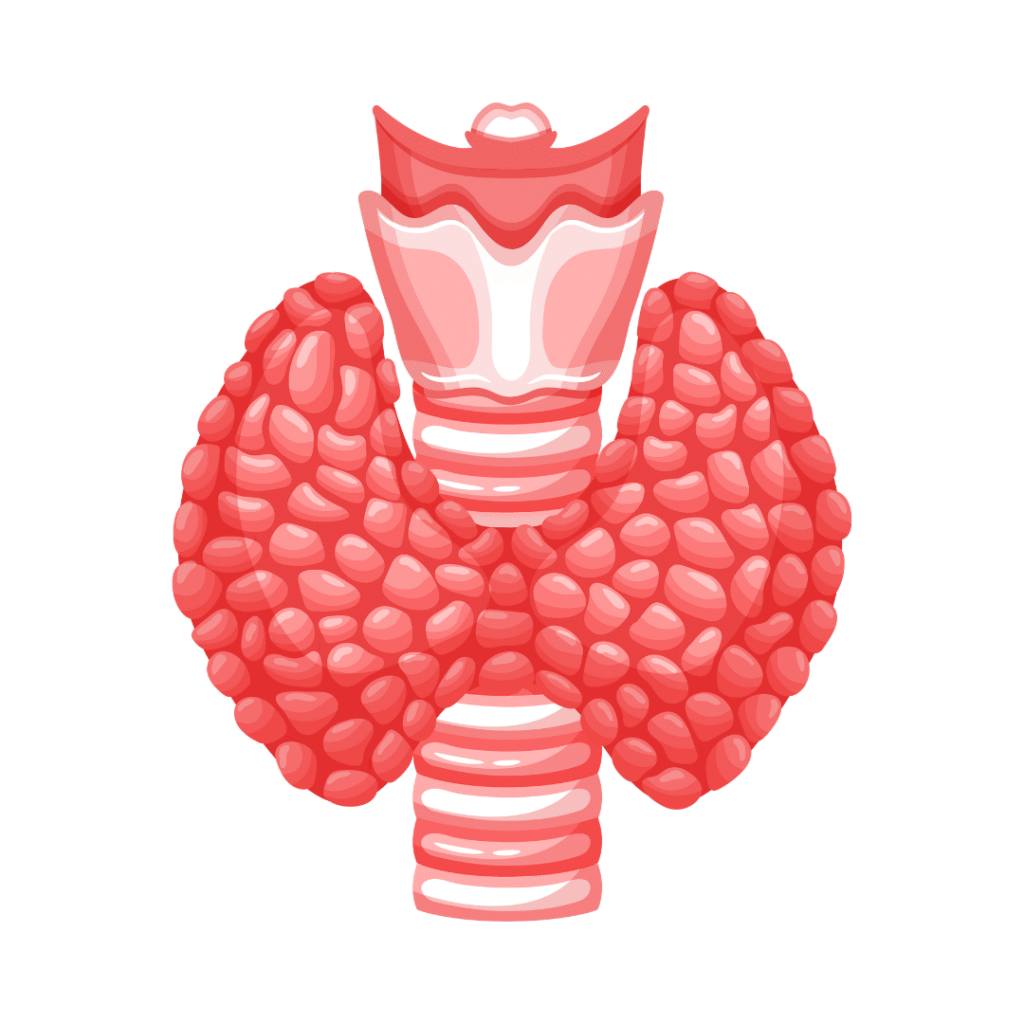
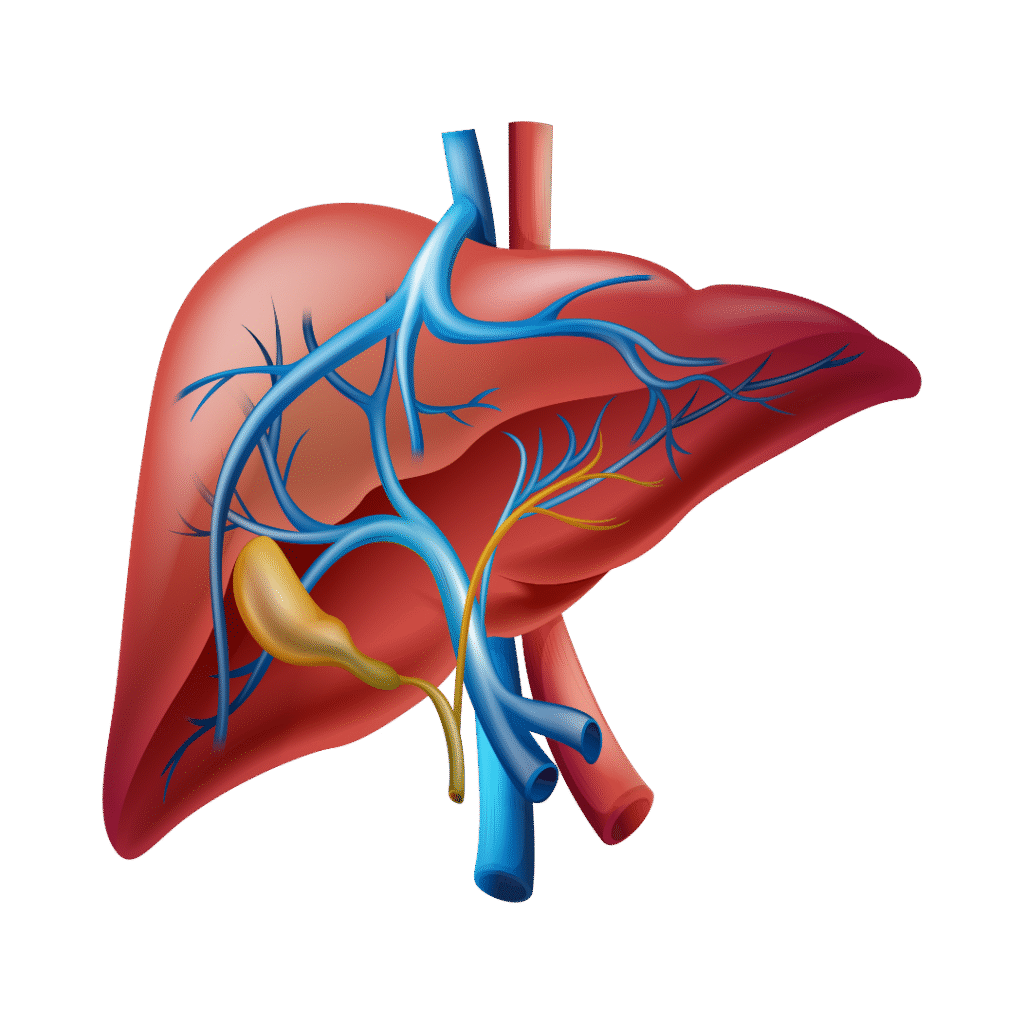
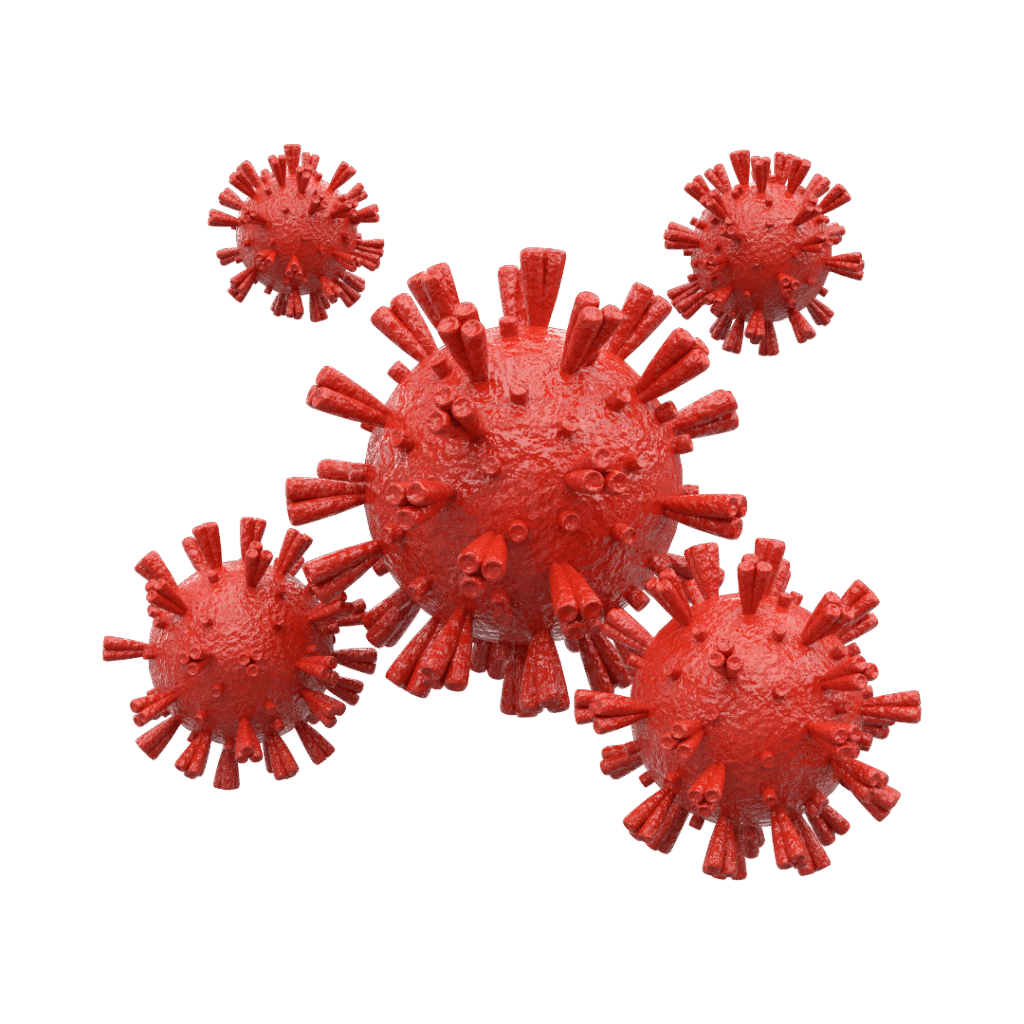
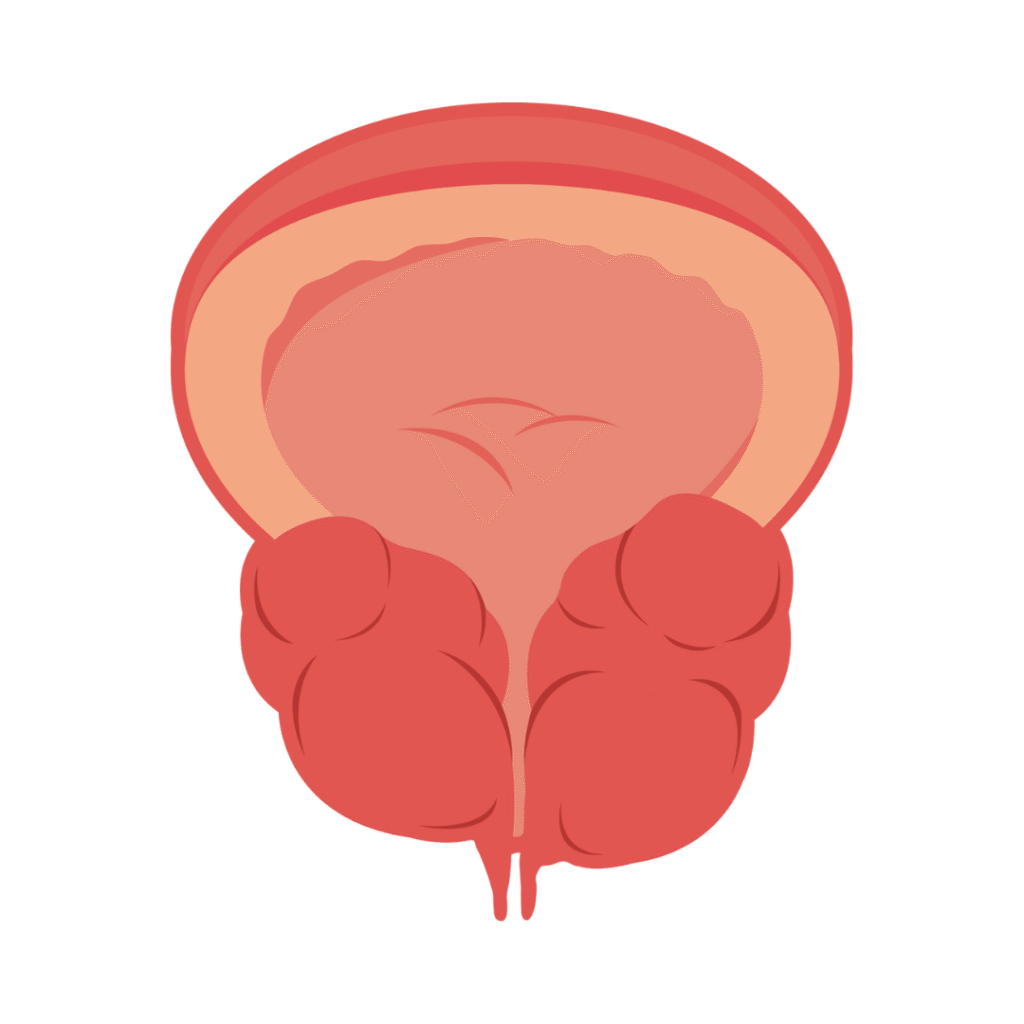
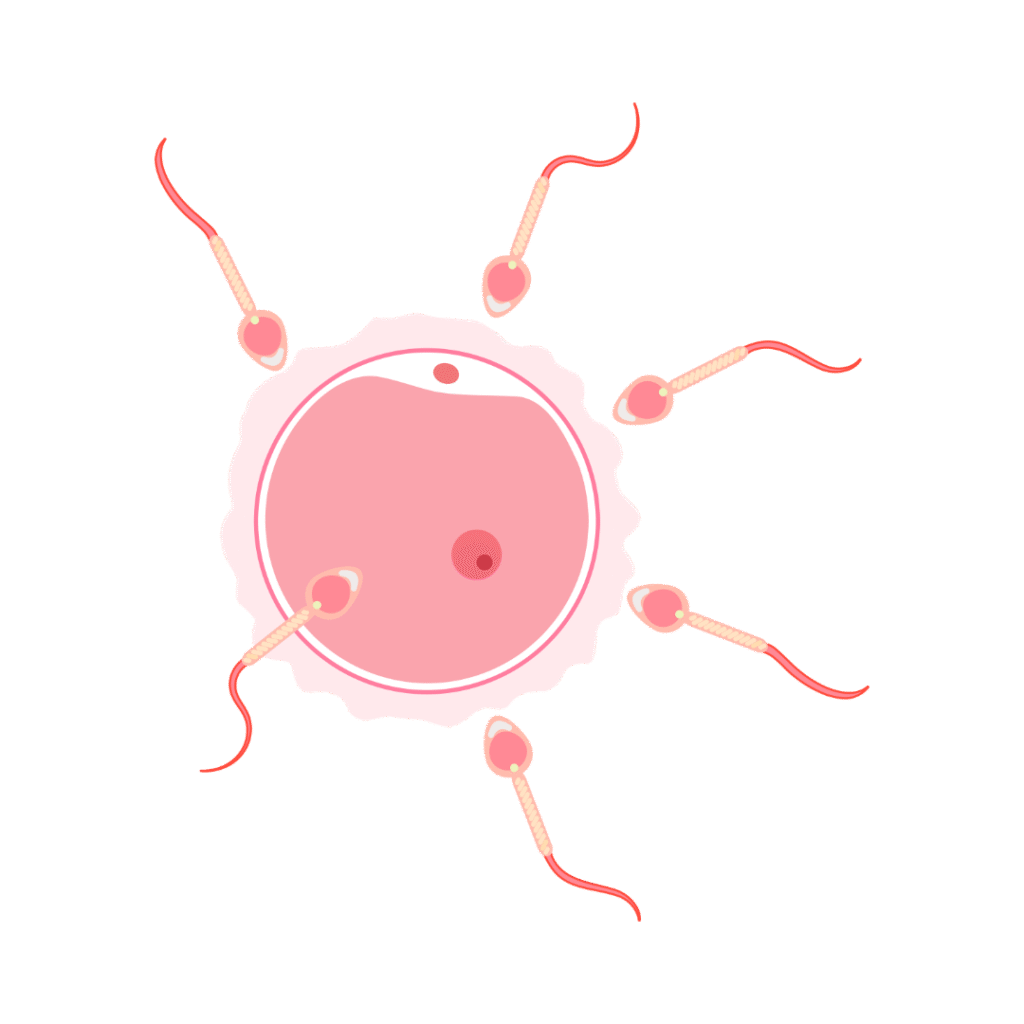
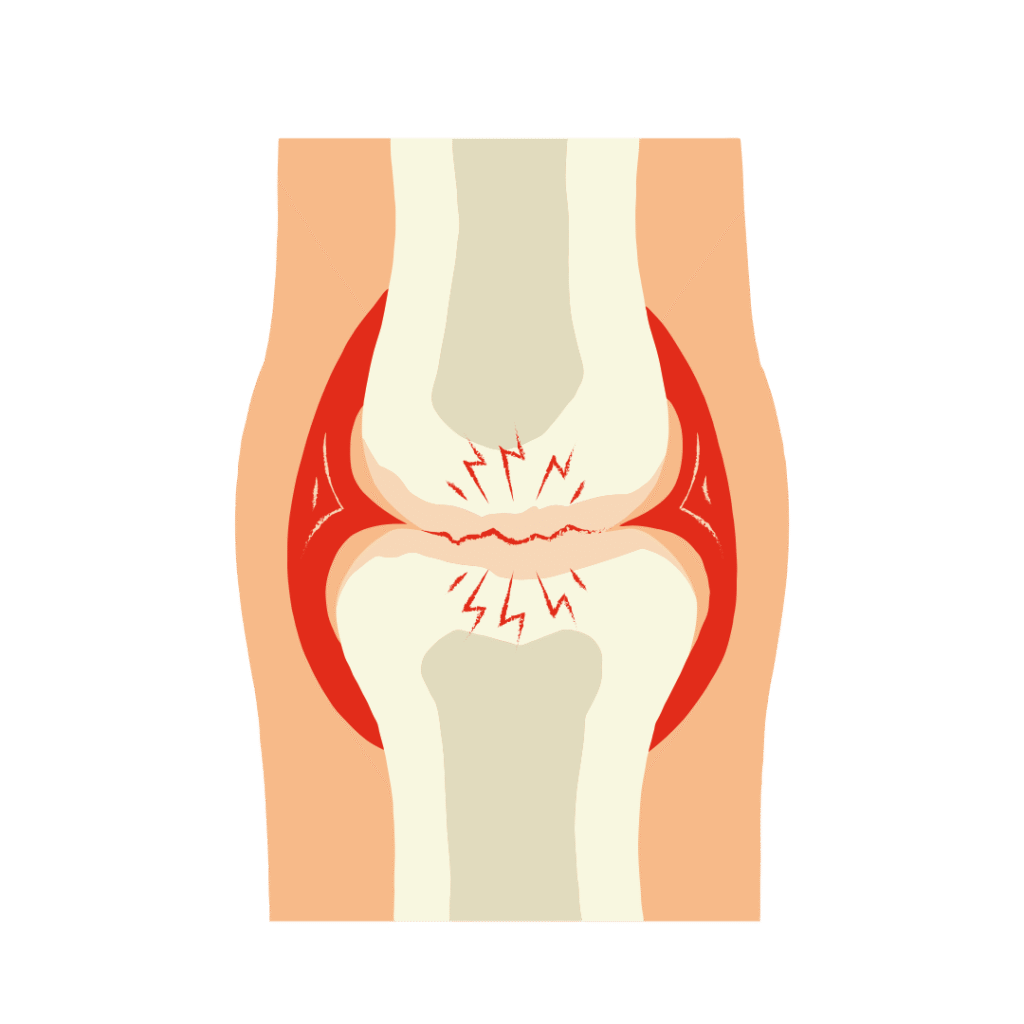
Diabetes
Pregnancy
Thyroid
Liver
Covid
Prostate
Fertility
Bone

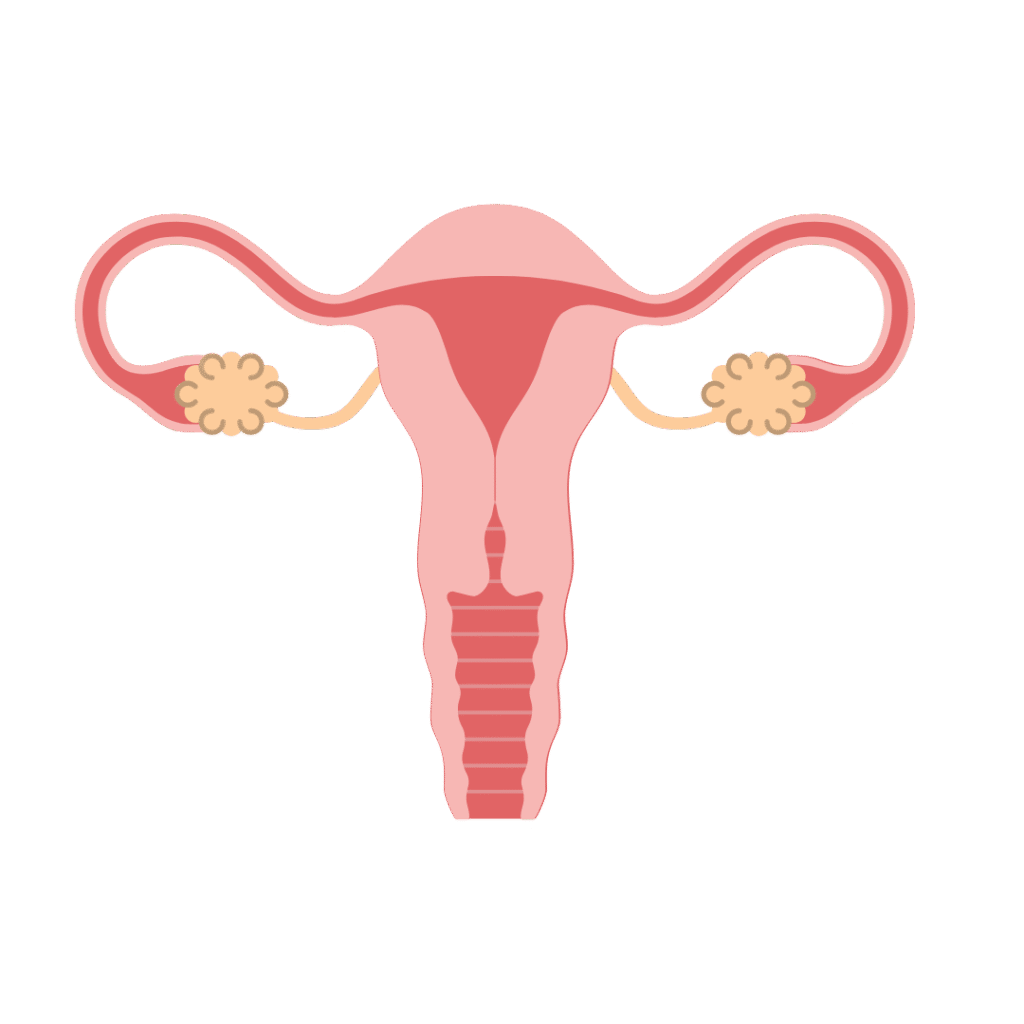
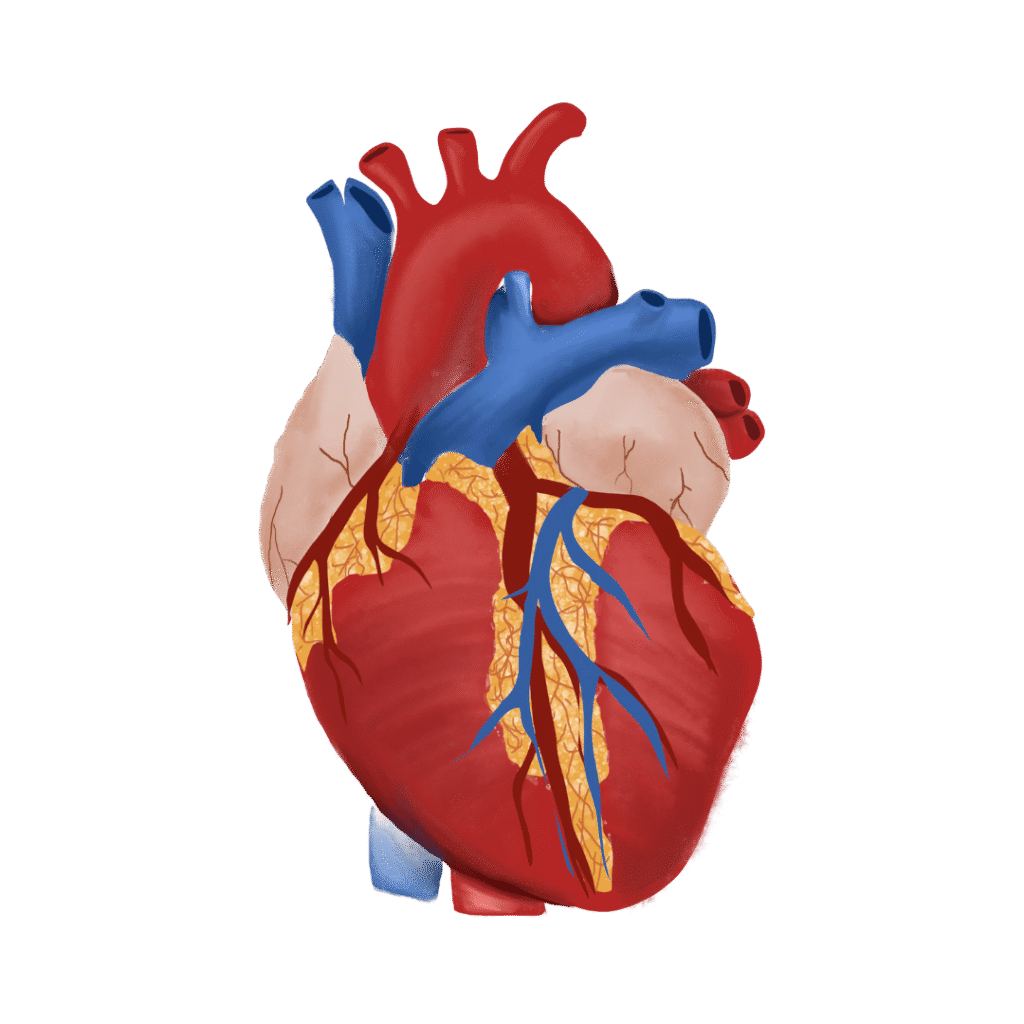
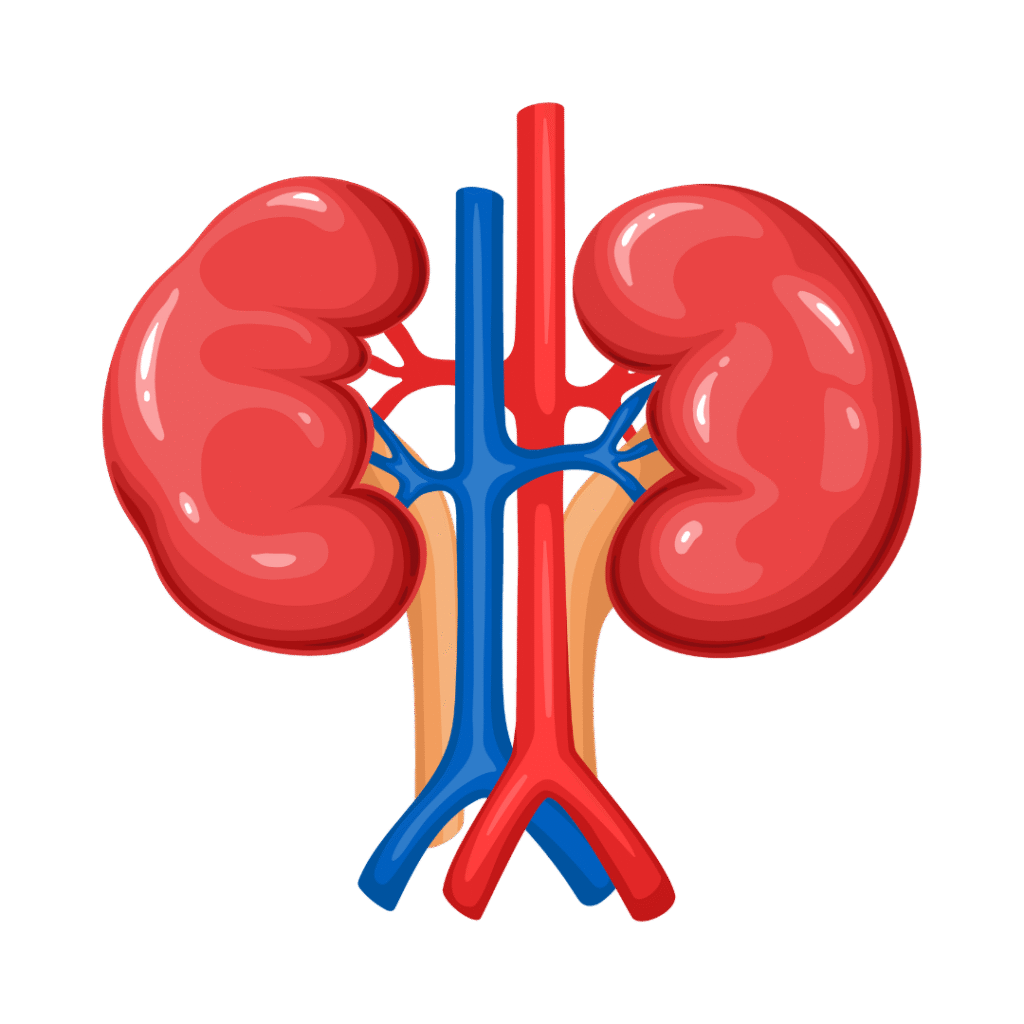
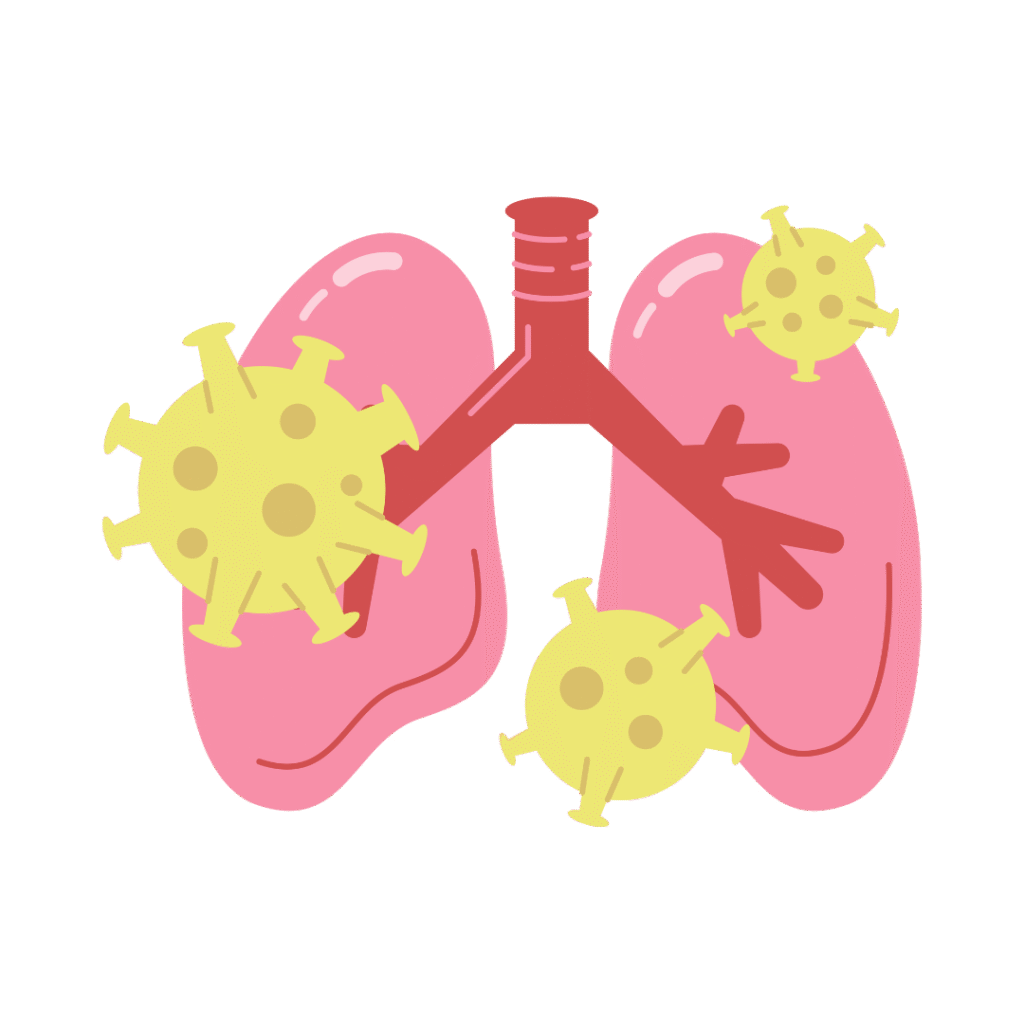
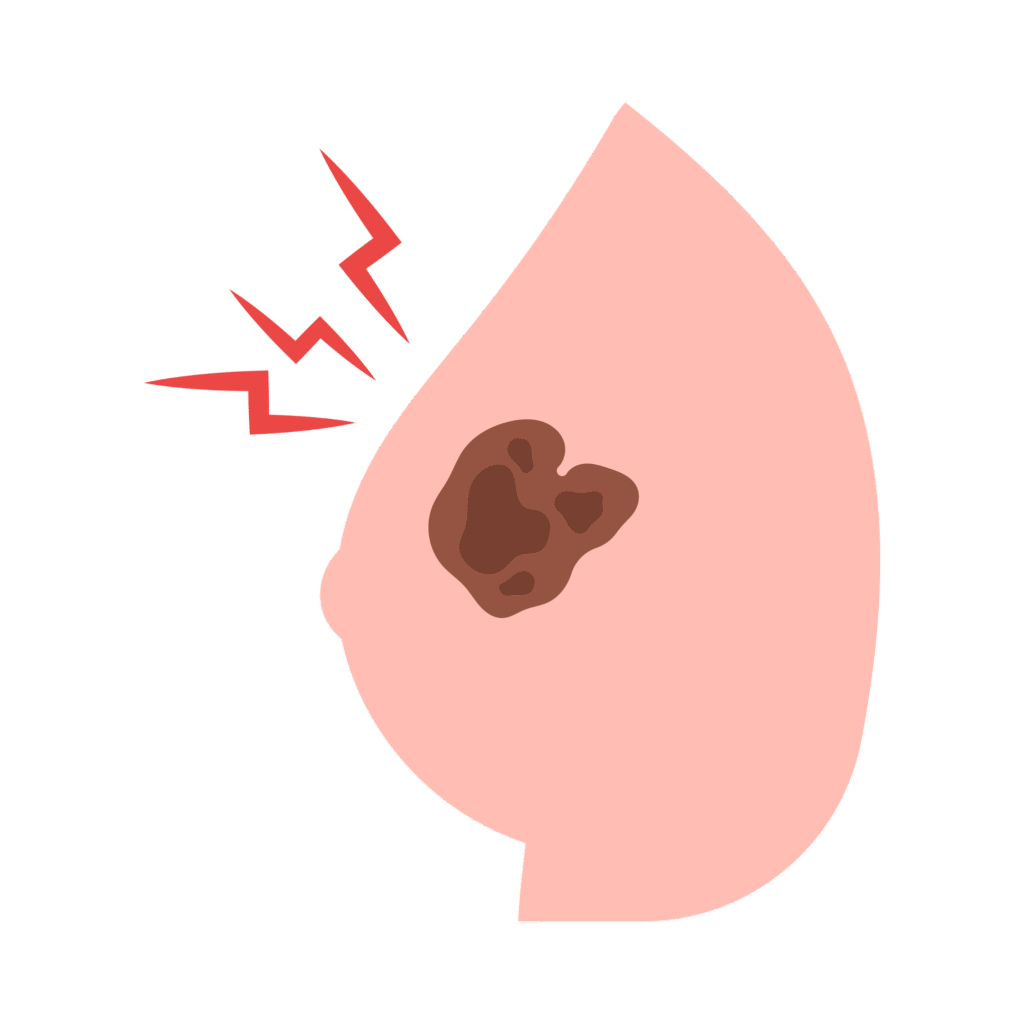

Gastro
Cervix
Heart
Kidney
cancer
breast
Vitamins
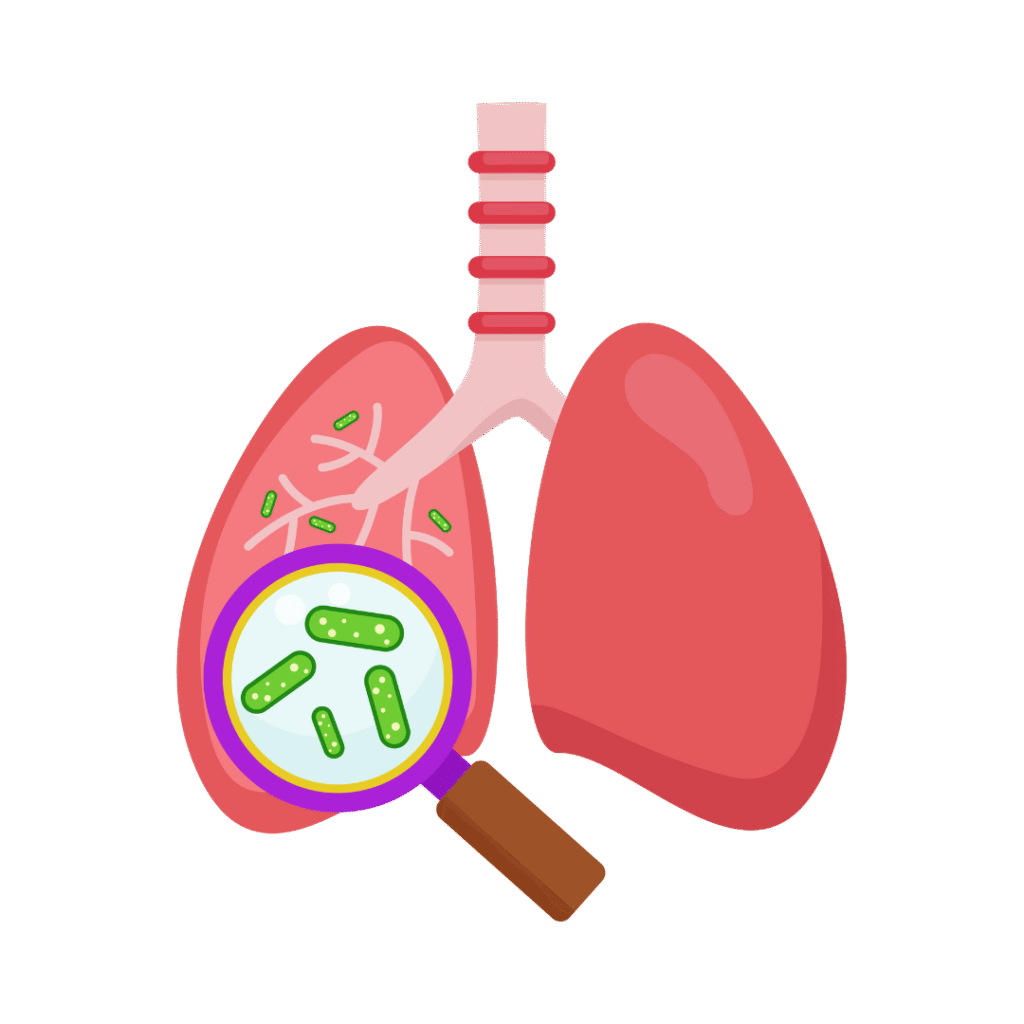
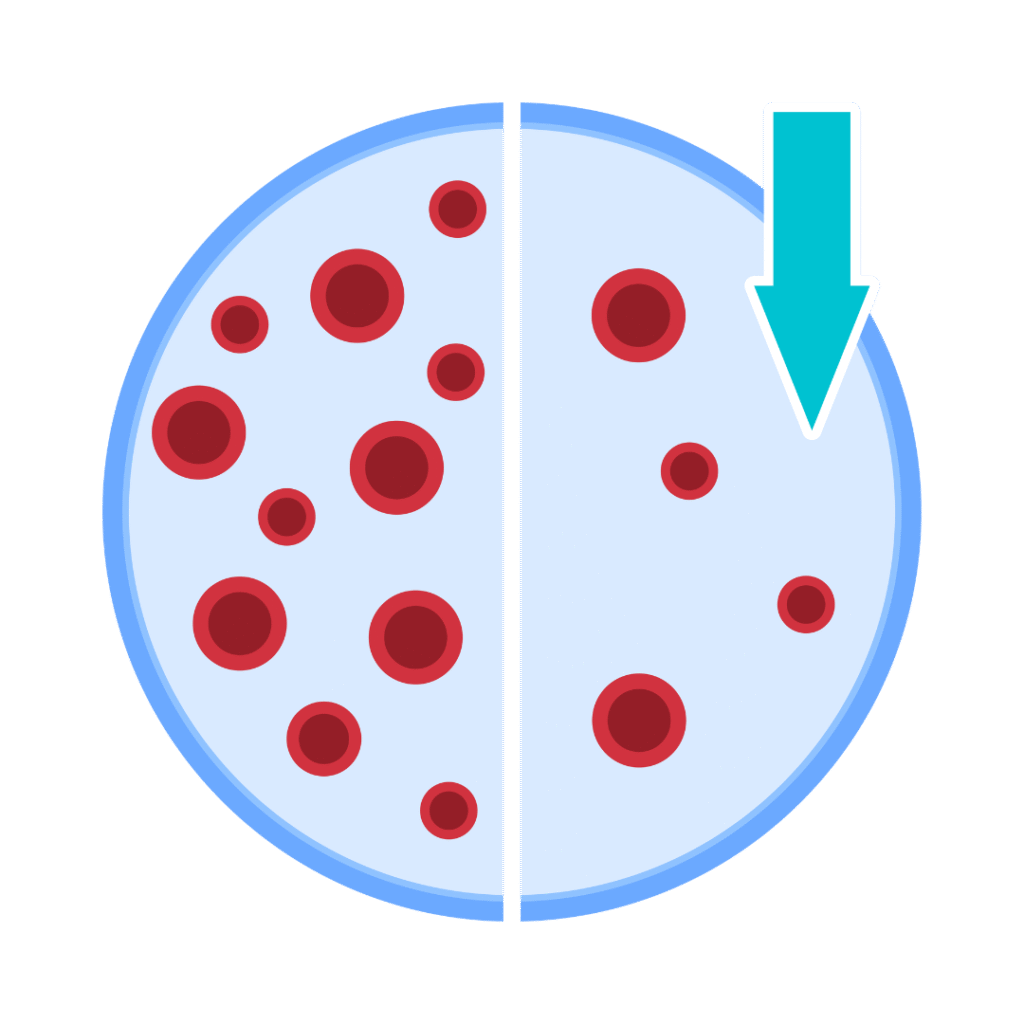
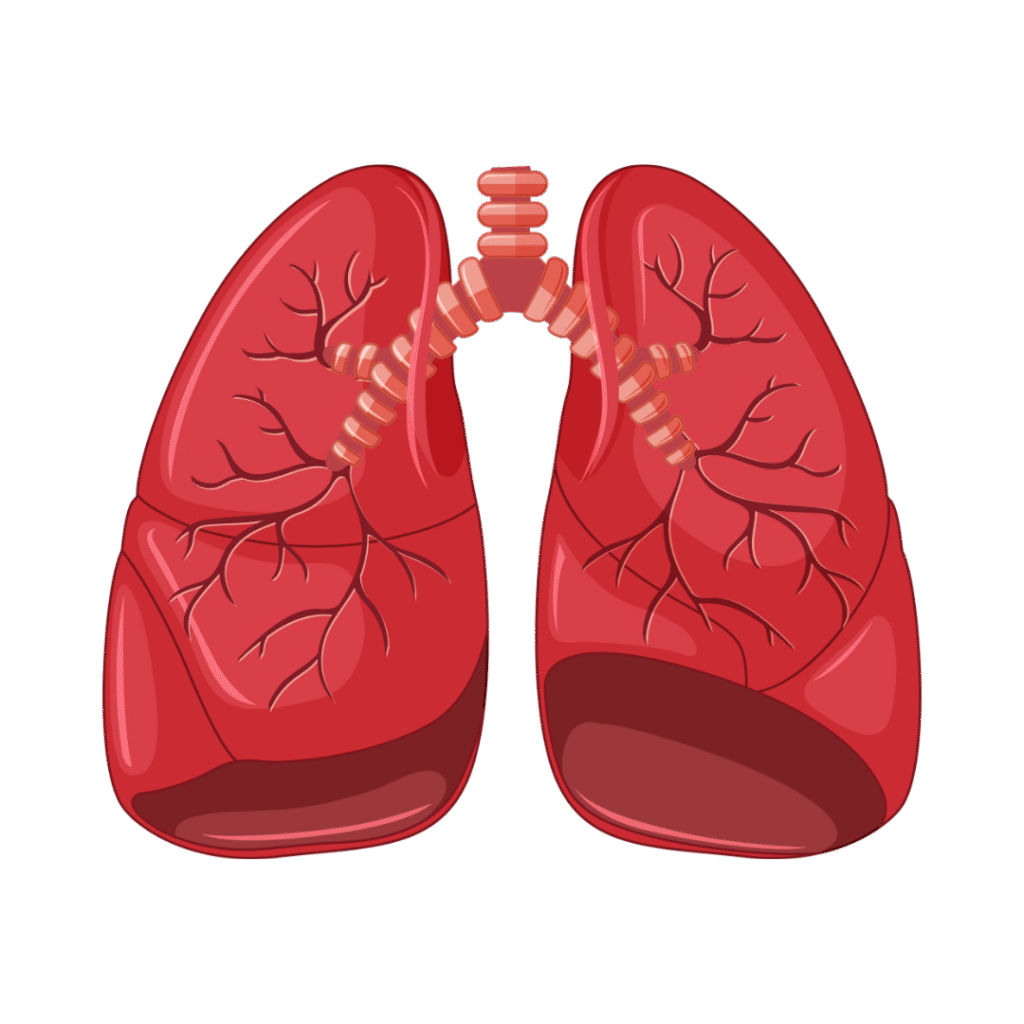
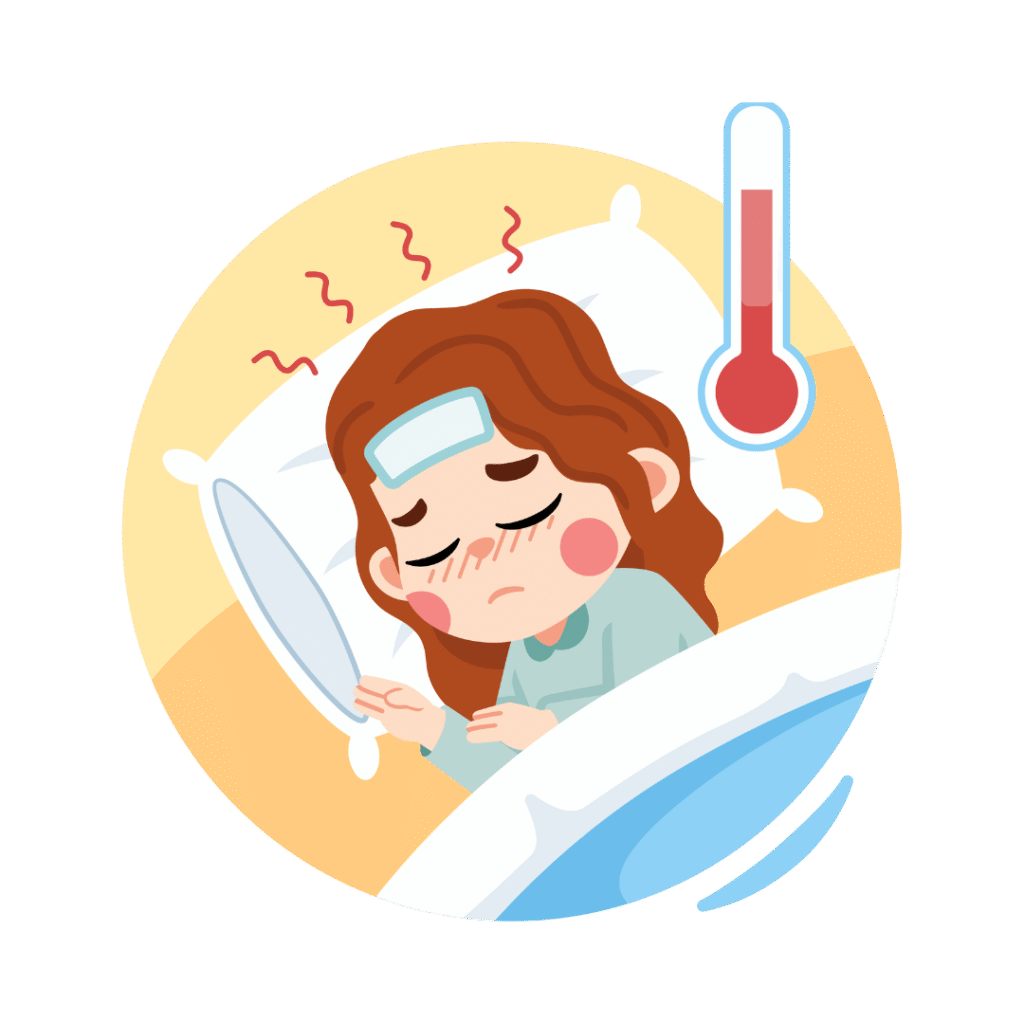

Tuberculosis (TB)
Anemia
Lungs
Fever
Allergy
Frequently Asked Questions
Clinical Pathology involves the analysis of blood, urine, stool, body fluids, and tissue samples to help diagnose diseases, monitor health conditions, and guide treatment.
It includes:
Complete Blood Count (CBC)
Urine Routine & Microscopy
Blood Sugar, Lipid Profile
Liver and Kidney Function Tests (LFT, KFT)
Stool Examination
Electrolyte and Hormone Levels
Coagulation Profile (e.g., PT, INR)
Yes, fasting is required for some tests like Fasting Blood Sugar, Lipid Profile, and Glucose Tolerance Test. You will be advised accordingly at the time of booking.
Most samples are collected through:
Blood draw (venipuncture)
Urine/stool sample submission
Body fluid collection (if needed, guided by a physician)
Yes. We offer home collection for most routine pathology tests. Simply schedule a home visit through our website, app, or call center.
Results for routine pathology tests are usually available within 12–24 hours. Some specialized or culture-based tests may take longer (up to 72 hours).
Absolutely. All tests are conducted using NABL/ISO-certified equipment and are reviewed by experienced pathologists to ensure accuracy and reliability.
Abnormal results do not always indicate serious illness. Please consult your doctor to interpret your results and determine if further evaluation or treatment is needed.
Yes. Reports can be:
Downloaded from our website or app
Sent via email or WhatsApp
Collected as a hard copy from the center
Some tests may be reimbursable depending on your insurance provider and policy. Please consult your insurer or our billing desk for assistance.
